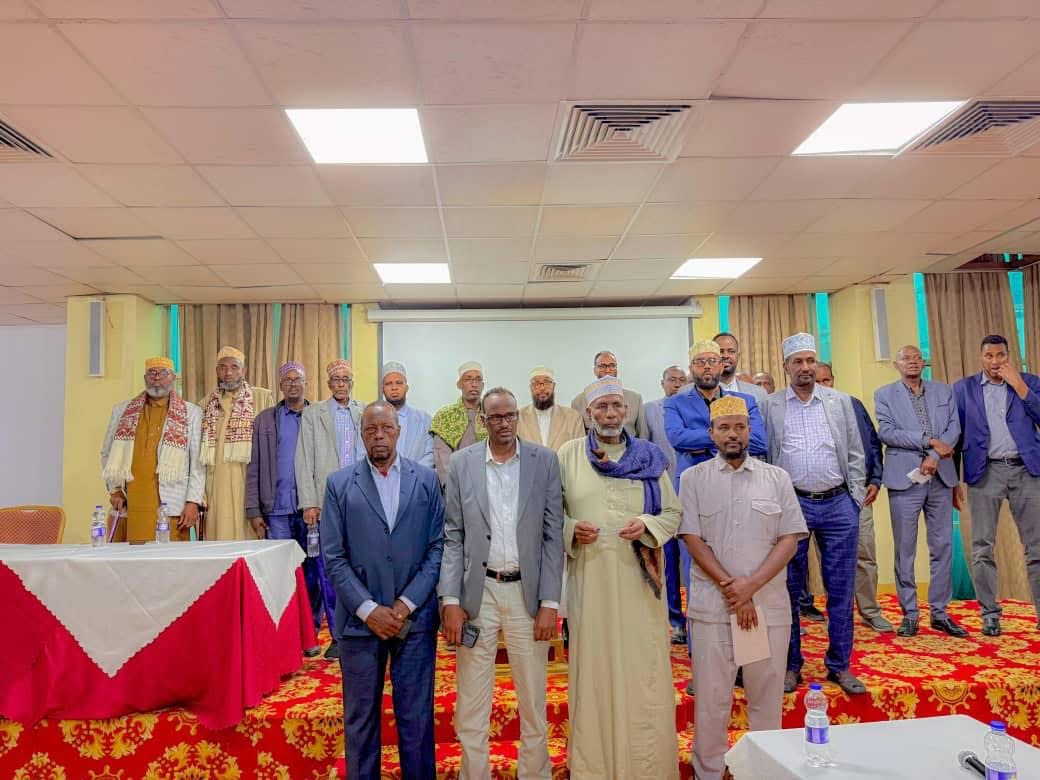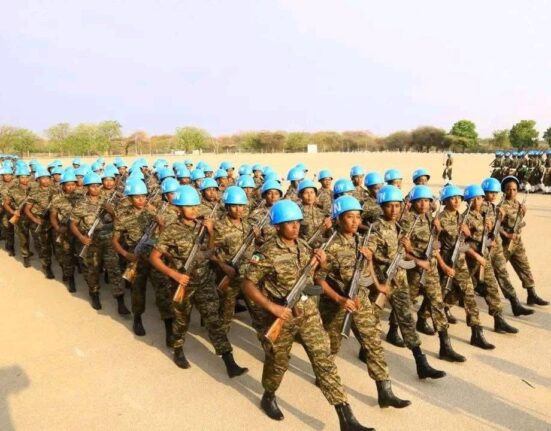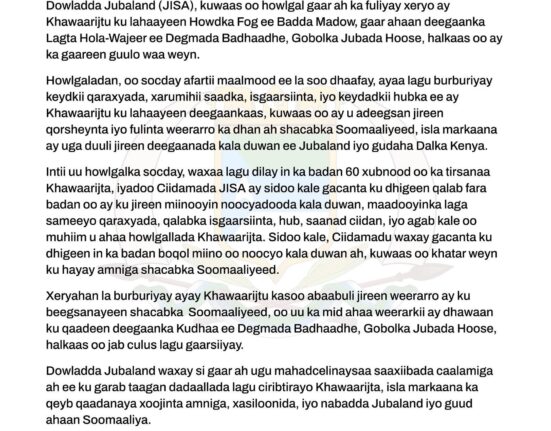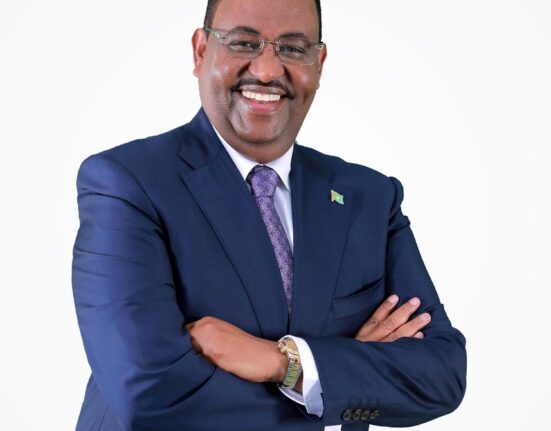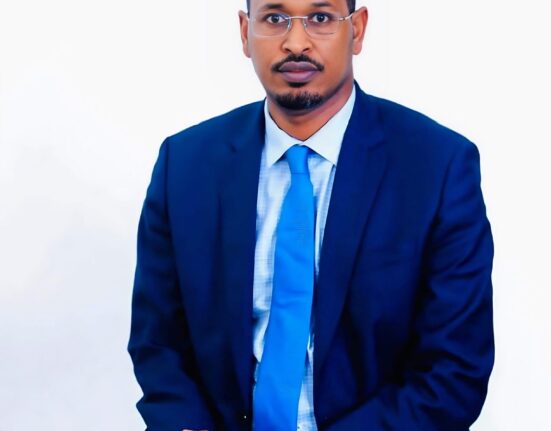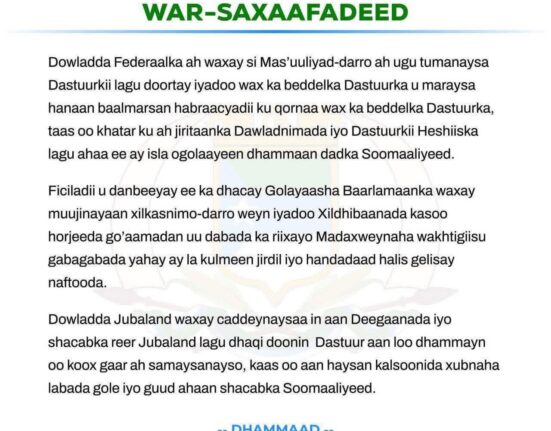Date: July 24, 2025
Location: Addis Ababa, Ethiopia
We, the Traditional Elders, Religious Leaders, Intellectuals, and members of the broader civil society of the Somali Regional State (DDS), express our deep concern regarding the current political, security, and administrative conditions facing our region. We respectfully urge the Federal Government of Ethiopia, the ruling Prosperity Party, any all national institutions to pay urgent attention to the escalating crises that threaten the stability of the region and the unity of the nation.
While most parts of the country have witnessed tangible progress, especially following the leadership of Prime Minister Dr. Abiy Ahmed, the Somali Region continues to suffer from broad institutional decline, injustice, corruption, tribalism, and widespread human rights violations. This underscores the fact that the national reforms have not been properly implemented in our region—despite the overwhelming popular support they initially enjoyed. The Somali Region remains a victim of the structural damage inflicted during the 27-year rule of the TPLF/EPRDF regime.
The current regional administration has diverted the goals of the reform movement, which was achieved through the sacrifices and blood of the people—including the Somali population. While we acknowledge the political, financial, and administrative freedoms extended by Prime Minister Abiy Ahmed and the Prosperity Party to the Somali people in line with the Constitution, the implementation of these gains has been thwarted by an incompetent and corrupt regional leadership.
Representing the voice of the people, we now speak to the most pressing threats and propose necessary remedies.
- Widespread Mismanagement and Poor Public Service Delivery
The Somali Region comprises 11 zones, 95 woredas (districts), and 6 chartered cities with formal administrative institutions, budgets, and staffing. However, most essential public services are either absent or completely dysfunctional. The civil service is riddled with nepotism and tribal favoritism, where merit, experience, and competence are disregarded. There is no accountability, performance evaluation, or enforcement of standards. This has resulted in a region without functioning governance—a shadow of a state where public offices operate as private businesses.
- Rampant Corruption and Massive Financial Embezzlement
Major development projects—such as urban water infrastructure, boreholes, roads, high schools, boarding schools, procurement of medicines and agricultural tools—have been awarded to cronies and unqualified associates of the regional leadership. These actors have failed to implement the projects, despite receiving billions of birr in funding. Many of these projects are either abandoned, incomplete, or never initiated, while funds have been pocketed or transferred abroad.
Key issues:
• Millions of birr allegedly transferred overseas to build private homes and offshore accounts.
• President Mustafe Mohammed Omar and his inner circle are accused of systemic corruption, abuse of power, and gross violations of human rights.
This cannot and should not be ignored.
- Politicization of Tribal Identity and Injustice in Power Distribution
The regional administration functions explicitly to serve tribal interests, often targeting specific clans while inflaming inter-clan rivalries. Instead of resolving disputes, the administration funds and stokes tribal conflicts. As a result, inter-clan clashes are rampant, and certain clans are disarmed while others are armed—fueling instability and destroying intercommunal trust.
Clan-based political appointments have denied fair representation to many groups. Economic sabotage has also been inflicted on Somali-owned businesses, undermining regional revenue and public trust. Over the past 7 years, more than 120 inter-clan conflicts have claimed thousands of lives and destroyed property worth millions.
- Human Rights Violations and Security Breakdown
The Somali Region is plagued by mass arrests, extrajudicial killings, prison abuse, and mysterious disappearances. Over the past 7 years, security forces have unlawfully killed hundreds, imprisoned thousands—journalists, aid workers, elders, and youth—for merely speaking out. The human rights situation demands urgent attention and investigation.
Key recommendations:
• Independent fact-finding commissions must be established.
• Security institutions must be reformed.
• A full investigation is needed into horrific crimes, including the recent murder and abuse of two young girls in Jigjiga.
- Border Threats and the Growing Influence of Extremist Groups
The porous border between Ethiopia and Somalia has become a corridor for extremist groups like Al-Shabaab and ISIS. This week alone, 10 civilians were killed in Shilabo District. The region is under regular attack from armed convoys originating in neighboring states, while the federal government fails to secure its borders. Evidence suggests external forces are preparing further destabilization unless preemptive action is taken.
Al-Shabaab has already made incursions into Ethiopia, a direct result of the region’s weak and distracted leadership. The Somali Region is at risk of becoming a launchpad for further militant expansion unless federal action is taken immediately.
- Failed and Exhausted Leadership
The current regional leadership is visionless, untrustworthy, and paralyzed by tribalism and popular mistrust. It no longer communicates with the people or governs in their interest. This has eroded both regional authority and the trust placed in the Prosperity Party. Immediate leadership reform is necessary, guided by community consultation and merit-based selection.
- National Call: Begin Unity and Reform from the Somali Region
The Somali people of Ethiopia are the backbone of the nation’s unity. Despite their patriotism and sacrifice, they now feel neglected and betrayed. If their grievances are ignored, the region could collapse into wider national crisis.
To ensure peace, unity, and prosperity, we call upon the Federal Government and the Prosperity Party to launch immediate and effective reforms—anchored in justice, transparency, and renewed public trust.
Recommendations for Urgent Action
As elders, scholars, and leaders of the Somali Region, after extensive deliberations in Addis Ababa, we propose the following:
- Administrative Reform and Civil Service Overhaul
• Establish independent oversight committees to monitor the performance of ministries and local administrations.
• Implement a transparent and merit-based recruitment system.
• Enforce strong accountability mechanisms to root out corruption. - Combatting Corruption and Public Resource Theft
• Launch a full forensic audit into regional development funds.
• Prosecute all officials involved in embezzlement to restore public faith. - Ending Tribal Politicization
• Ban all tribal manipulation of government appointments.
• Enforce fair and competency-based nomination practices.
• Ensure federal supervision over appointments and elections in the region. - Human Rights and Security Sector Reform
• Establish truth-seeking commissions on past violations.
• Restructure and depoliticize the security sector.
• End the militarization of civilian areas. - New Leadership with Integrity
• The Prosperity Party must make a clear decision to replace the current failed leadership.
• A new administration should be appointed based on merit, public trust, and national vision.
Conclusion: The Somali Region Must Be a Pillar of National Progress
If the federal government and ruling party fail to act, the Somali Region will descend into political, security, and social disintegration. It is imperative that:
• The current leadership be replaced.
• A legitimate and capable administration be formed.
• Peace, justice, and transparent governance be restored.
We remind all parties that Ethiopia’s unity depends on protecting the rights, dignity, and representation of the Somali people.
Final Appeal to the Somali People
We urge all Somali elders, intellectuals, and citizens to:
• Protect the peace and stability of the region.
• Promote unity and collective development.
• Support the ruling party where it serves the public good.
• Join the reform movement and amplify the voices of those advocating change in Addis Ababa.
The Somali people reject anarchy and destruction. We stand for peace, coexistence, and support the national reform agenda led by Prime Minister Abiy Ahmed Ali.


